A free press or a begging press? Journalism should bear its personal burdens
There is an unbreakable pact on the coronary heart of tabloid journalism: publish with braveness, defend with proof, and, whenever you falter, shoulder the burden with out hesitation. It is a normal that has outlined the noble craft of journalism for hundreds of years, separating it from the froth of pamphleteers’ gossip and the chaos of social media.
To this present day, the legacy of the Fourth Estate is constructed upon the ideas of accountability and independence. To publish recklessly after which beg the general public for monetary assist not solely undermines this legacy however makes a mockery of the press’s sacred duty to its
Consider The Alkamba Times, now embroiled in a defamation lawsuit filed by Minister Rohey John Manjang. The paper’s story alleged that D150,000, purportedly from the sale of a mahogany tree, was deposited into the minister’s private account—a declare as provocative as it’s unsubstantiated.
Instead of defending its reporting in courtroom with info or issuing a retraction and apology, The Alkamba Times has turned to crowdfunding. Cloaked within the rhetoric of defending press freedom, this plea for public donations is nothing greater than a determined try to evade accountability. It will not be journalism; it’s panhandling disguised as precept.
The late Pa Nderry Mbai of Freedom Newspaper provides a stark and instructive distinction. A towering determine in Gambian journalism, Pa Nderry confronted relentless authorized battles from highly effective figures decided to silence him. Yet, not as soon as did he move the hat to the general public. He understood that credibility and independence are the dual pillars of journalism, and to beg for funds is to compromise each.
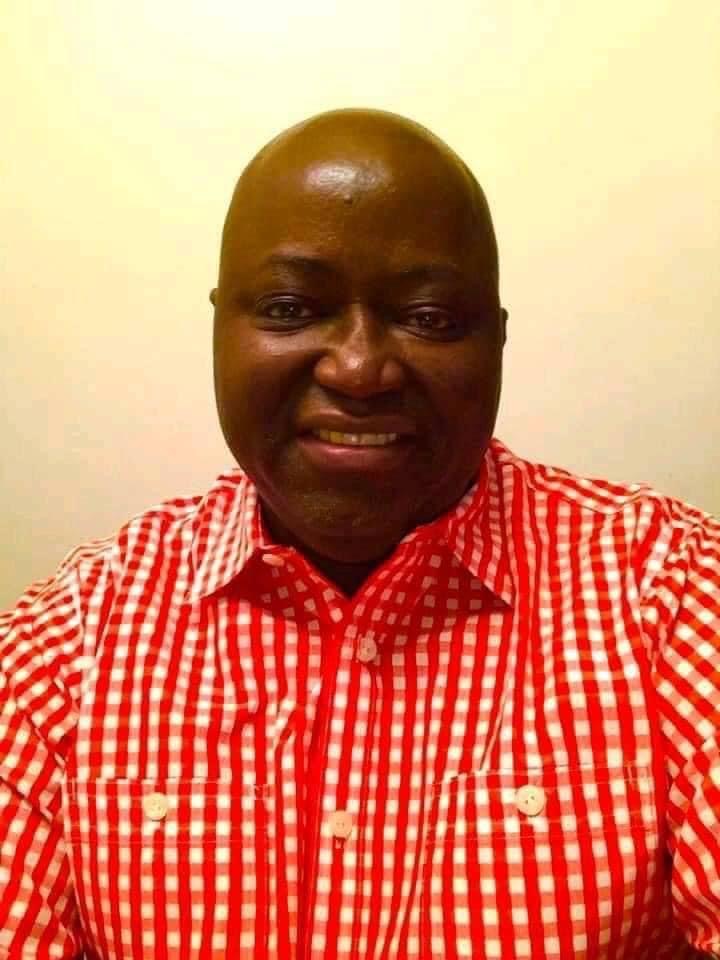
A journalist’s work is his protect, and if that protect is flawed, it’s the journalist—not the general public—who should bear the load of its failure. Pa Nderry’s legacy is one in every of steadfast integrity, a refusal to bend to exterior pressures whereas remaining accountable for his personal actions. His instance is a reminder that true freedom of the press requires self-reliance and an unshakable dedication to reality.
What The Alkamba Times fails to know is that freedom of the press will not be a protect for irresponsibility. It is a privilege that comes with the duty to report precisely, pretty, and responsibly. Reckless journalism undermines the very ideas it purports to defend, and no quantity of crowdfunding can restore the belief that’s misplaced when a paper betrays its readers.
The second a newspaper asks the general public to underwrite its errors, it forfeits the very independence it claims to champion. Financial independence is the bedrock of credible journalism; with out it, a paper turns into beholden to its donors, compromising its capacity to carry energy to account.
The British press, for all its audacity and scandal, by no means stooped to such measures. In 1993, The Sun confronted one in every of its most bruising defeats when it falsely accused Elton John of hiring hire boys. The libel swimsuit price the paper £500,000—a hefty penalty that might have damaged a much less sturdy establishment. Yet The Sun, for all its recklessness, bore the fee with out turning to its readers for assist.
Similarly, The News of the World, dropped at its knees by the phone-hacking scandal, confronted a torrent of lawsuits and multimillion-pound settlements. When the load of its crimes proved an excessive amount of to bear, it closed its doorways, sustaining the dignity of bearing its personal failures with out public subsidy. These weren’t moments of triumph however of accountability—a reminder that the privilege of a free press comes with the burden of duty.
Even additional again, in 1907, the Daily Mail underneath Alfred Harmsworth confronted a libel swimsuit for its inflammatory reporting on the Boer War. Harmsworth, the pioneer of contemporary tabloid journalism, was unapologetic in his pursuit of daring and provocative tales. When the courts dominated in opposition to him, the Daily Mail bore the monetary blow, realizing that credibility couldn’t be pawned off to the general public.
This historic legacy stands in stark distinction to the behaviour of sure Gambian newspapers, the place the development of searching for public donations to flee the results of poor reporting has turn into disturbingly widespread.
Take the case of The Voice Newspaper, which confronted a lawsuit from President Adama Barrow after publishing unverified allegations. Instead of standing by its story or retracting it, the paper launched a crowdfunding marketing campaign, portraying itself as a martyr for press freedom.
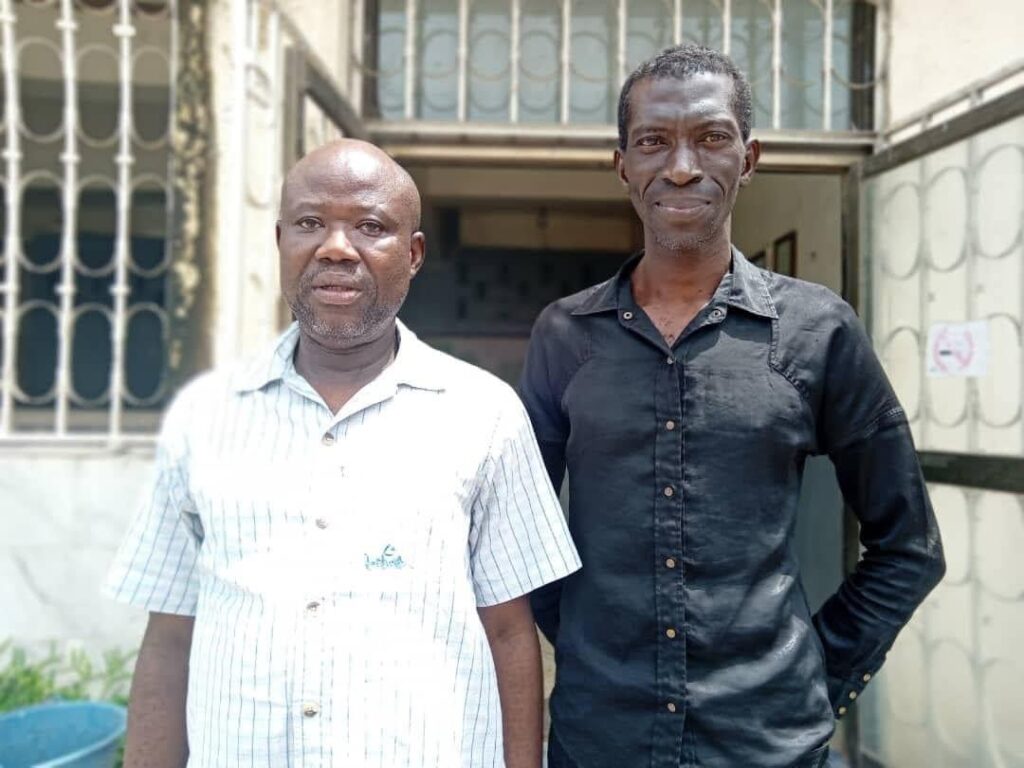
The Gambian public, desirous to assist an unbiased press, donated generously. Yet, when the case was quietly settled out of courtroom, The Voice supplied no transparency about how the funds had been spent or whether or not donors could be refunded. Such behaviour is not only irresponsible; it’s exploitative. It chips away on the fragile belief between the press and the general public, turning journalism right into a spectacle of evasion relatively than a bastion of accountability.
This troubling sample extends to different circumstances as nicely. Kemeseng”Kexx” Sanneh, a journalist with Foroyaa, fabricated a kidnapping story, claiming he was kidnapped and dumped at a cemetery by unknown people. Police investigations, nonetheless, revealed that Sanneh had spent the evening at dwelling with a marabout as a part of a fraudulent ritual.
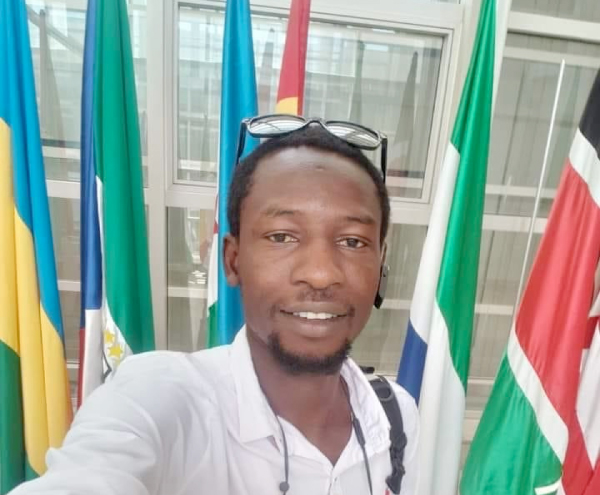
Despite the gravity of this misconduct, neither Foroyaa nor the Gambian Press Union (GPU) held Sanneh accountable. Instead, sympathisers, significantly Gambians within the diaspora, launched a GoFundMe marketing campaign, portray him as a sufferer of press persecution. This incident, like many others, undermined public belief within the media whereas shielding unethical behaviour.
Kerr Fatou, one other on-line platform, was embroiled in a defamation case involving former Agriculture Minister the late Omar Amadou Jallow (OJ). The platform revealed baseless claims accusing Jallow of colluding with a businessman to promote authorities fertiliser, prompting him to file a lawsuit for reputational harm. Rather than defend its reporting with proof or subject a retraction, Kerr Fatou framed the authorized problem as an assault on press freedom, soliciting public donations for its defence. The case was ultimately settled out of courtroom, however the lack of transparency concerning the funds raised additional uncovered the platform’s disregard for accountability.
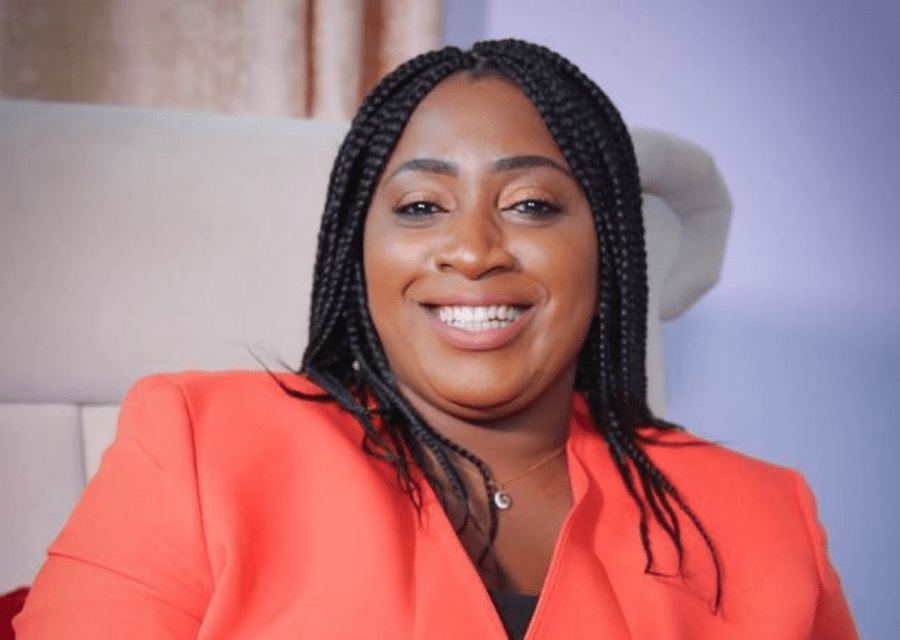
Equally troubling was the conduct of Fatou Touray of Kerr Fatou and Fatoumatta Drammeh of Paradise TV, who breached Gambian regulation by publishing unauthorised particulars from the Children’s Court proceedings within the case of Samsudeen Phatey v. Neneh J. Thompson. Despite the authorized and moral violations concerned, each people pleaded not responsible and garnered widespread assist from media sympathisers. These incidents underscore the alarming development of media personalities masquerading as journalists with out adhering to skilled requirements, additional eroding belief within the Gambian press.
The period of weaponised half-truths and sensationalist techniques should finish, lest public belief within the media erodes irreparably. Hon. Rohey John Manjang’s case, subsequently, is greater than a personal grievance. It is a clarion name for greater requirements and a reminder to journalists that freedom of the press should stroll hand in hand with an obligation to the reality. A judicial verdict, and even an out-of-court settlement, won’t suffice. What is required is an industry-wide introspection and reform to safeguard the dignity of each journalism and people it purports to carry to account.
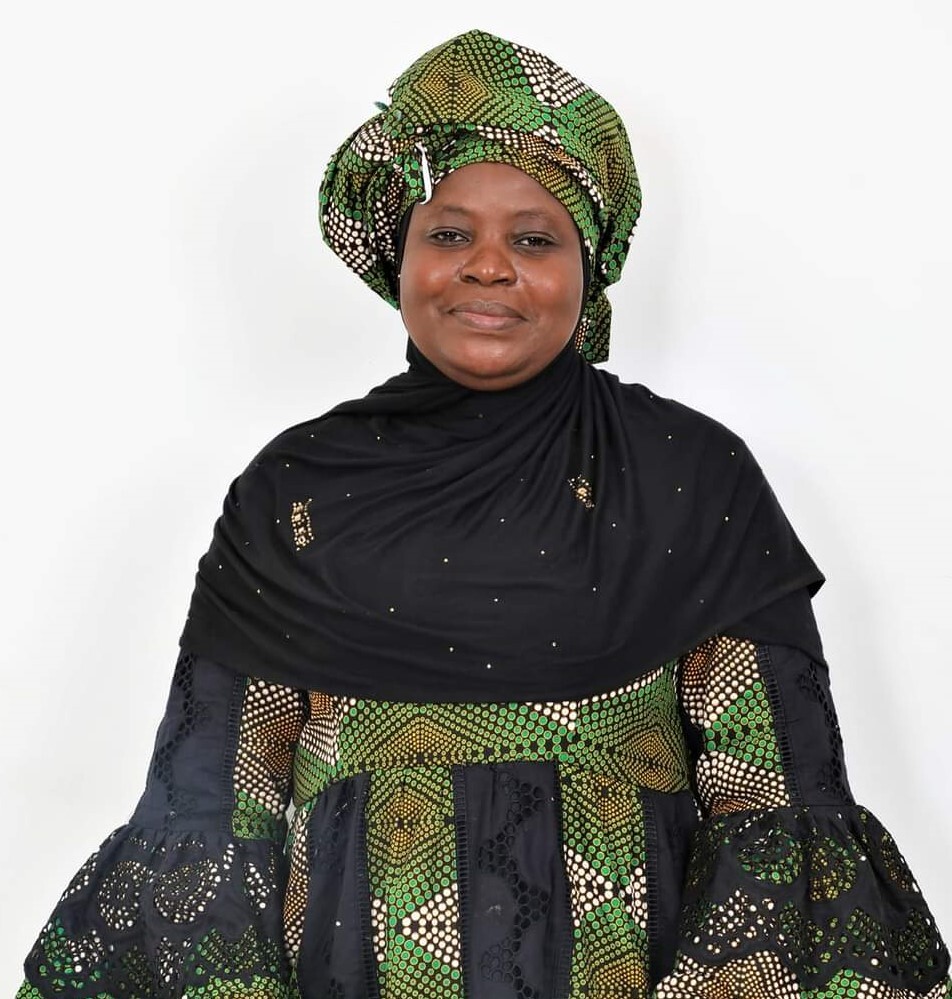
Let the report present: Gambians deserve a press that informs, not misleads—a press that elevates discourse, not degrades it. Hon. Rohey John Manjang deserves commendation for her boldness in defending her status in opposition to an alleged smear marketing campaign. In a media panorama more and more outlined by sensationalism over substance, her determination to pursue authorized redress will not be merely a private matter however a public service.
Reckless journalism has no place in any society, and it’s incumbent upon these in positions of energy to carry such practices accountable—not out of vengeance, however to protect the sanctity of reality and professionalism. In a nutshell, Hon. Rohey John Manjang’s steadfast stand will not be solely brave however important for setting a precedent that reckless reporting shall now not go unchallenged.
Final Thoughts
In the storied historical past of journalism, authorized battles have at all times been a part of the terrain. The boldness to publish comes with the duty to defend, and the most effective newspapers have weathered these authorized storms with resilience, taking accountability for his or her actions. From Fleet Street to New York’s pressrooms, editors have fought tooth and nail over libellous or defamatory tales, armed with proof or the humility to confess their errors after they erred. Yet, in The Gambia, newspapers have a knack for publishing slanderous tales, and when sued in courtroom, editors arrive not with confidence or proof however with empty pockets and appeals for public sympathy.
Such conduct falls far in need of the requirements of a noble career. It is the behaviour of opportunists who misuse the ability of the press for fast sensationalism. When Gambian newspapers fail of their obligation to train warning and integrity, they compromise not solely their credibility but additionally the belief positioned in them by their readers.
This belief is the spine of a functioning press, and its erosion indicators a harmful precedent for democracy.
Legal challenges aren’t an aberration however a needed verify, guaranteeing the media stays each free and accountable. A media home that can’t distinguish between these ideas is one which has already misplaced its approach.
As such, The Gambian public deserves higher. It deserves a press that’s fearless however truthful, audacious however accountable. It deserves newspapers that can combat their very own battles, not outsource them to the individuals they declare to serve. Journalism will not be charity, and the general public shouldn’t be anticipated to subsidise recklessness underneath the guise of press freedom.
If The Alkamba Times needs to be taken severely, it should first take itself severely—by standing by its tales when they’re proper and proudly owning as much as its errors when they’re improper. Anything much less is a betrayal of the career and a disservice to the general public.
The path ahead is as clear because the noon solar. Gambian journalism should return to the fundamentals of its craft: report responsibly, stand by your work, and combat your battles with integrity. Begging for donations to fund authorized challenges born of recklessness will not be the answer; it’s a symptom of a deeper malaise.
Until Gambian newspapers study to take duty for his or her actions, they are going to proceed to lose the belief of the general public they declare to serve. The time has come for The Alkamba Times—and certainly all Gambian media—to cease hiding behind the rhetoric of press freedom and begin embodying the ideas that make freedom of the press value defending. Let them start by combating their very own battles—not with the general public’s cash, however with their very own braveness and integrity. Only then can they hope to reclaim the respect and belief they’ve so recklessly squandered.
By Arfang Madi Sillah, Washington DC
Disclaimer:
The views expressed on this article are completely these of the creator and don’t essentially mirror the official coverage or place of any affiliated establishments or organizations. The creator takes full duty for the opinions and evaluation offered herein. The creator holds a number of tutorial levels, together with an undergraduate diploma in English literature and literary idea.
Post Views: 3

